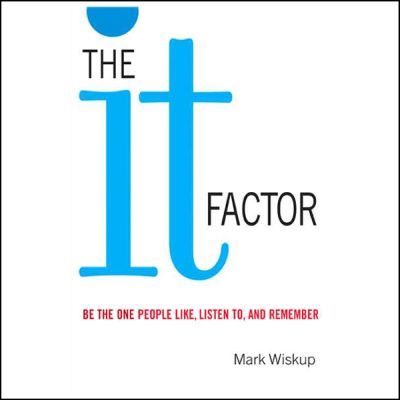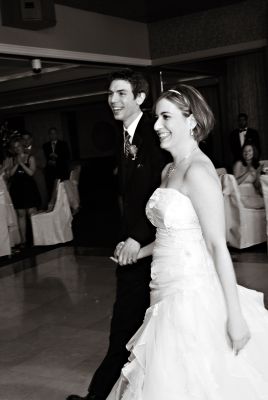 The very first session of the Freelancedom Book Club didn’t go as I’d hoped, but I saw it coming. As soon as I opened my copy of The It Factor and started reading, my first thought was : Oh crap. What have I done!? This man is insufferable!
The very first session of the Freelancedom Book Club didn’t go as I’d hoped, but I saw it coming. As soon as I opened my copy of The It Factor and started reading, my first thought was : Oh crap. What have I done!? This man is insufferable!
But this month will be different. I promise you. I’ve already started reading my next pick — The Wealthy Freelancer: 12 Secrets to a Great Income and an Enviable Lifestyle –Â and it has me excited. Twenty-five pages in and I’m already 100 percent sure I’m going to love it.
Why?
Because it’s about so much more than inspiration, motivational speeches, and make-you-jealous case studies (though it has those, too).
Like all the best self-help books I’ve ever read, it contains concrete, step-by-step instructions for taking your freelance business to the next level.
Even better?
You don’t have to put every idea in this book into action in order to rock the house. Picking and choosing even a handful will (allegedly) make a huge difference to your business success.
And in case you don’t believe me, this book and its authors have already been championed among other freelancers I admire: Carol Tice. Thursday Bram. The folks at both FreelanceSwitch and Freelance Folder.
I’ve already started some of the exercises in the book, and I’d love it if you joined me. Come on, you guys. I’m already brewing a pot of coffee for our end-of-the-month book chat. Don’t make me drink it alone. (I totally will. I have a debilitating caffeine addiction.)




